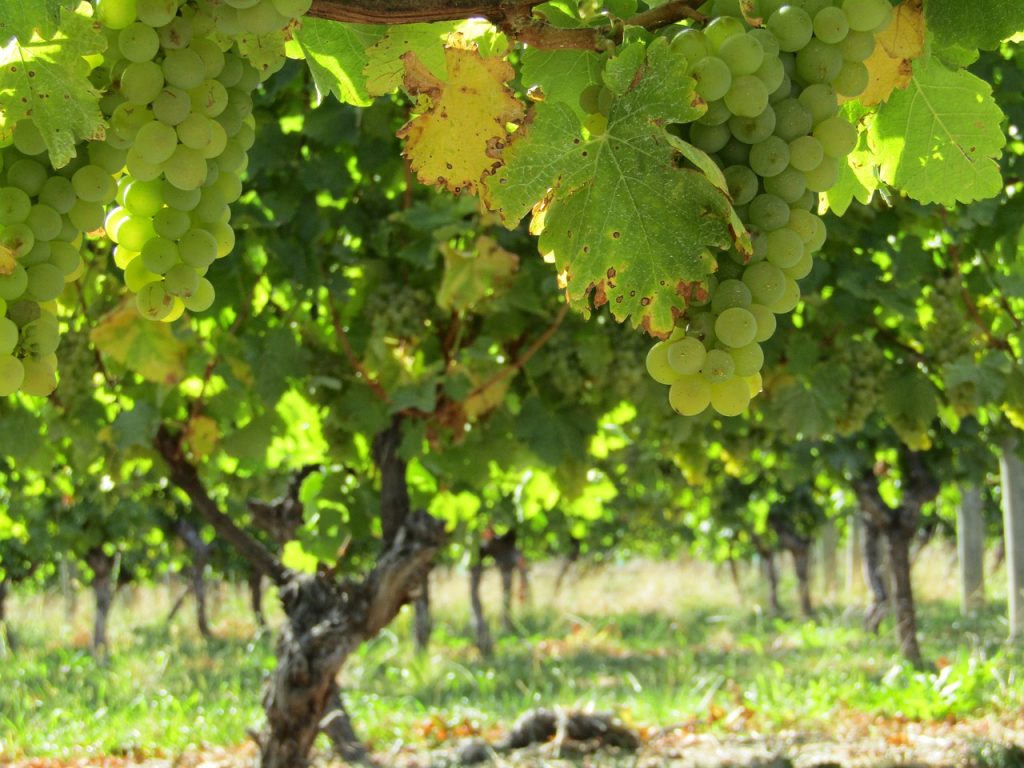UK Prime Minister Rishi Sunak and Secretary of State for Business and Trade Kemi Badenoch announced on 4 May 2023 that the UK-Australia and UK-New Zealand free trade agreements comes into force from midnight on 31 May. WSTA has prepared comprehensive guidance on what the new Rules of Origin are and how members can make claims for Preferential Treatment. The guidance applies to both incoming and outgoing shipments.
Important information for members
WSTA members can benefit from the new tariff-free access by holding products in duty suspense in customs warehouses or utilising procedures like Inward Processing Relief until after 31 May. To qualify for tariff-free access, traders must provide either a Declaration of Origin or evidence of Importer’s Knowledge.
If members are charged customs duty (UKGT) on products released to free circulation after 31 May, they can claim a refund for any inadvertently paid duty. However, they must submit the relevant proof of Origin no later than two years after the date of importation.
A Declaration of Origin is not required if the customs value of the importation does not exceed the following thresholds: 1,000 Australian Dollars for Australia, 1,000 Pound Sterling for the United Kingdom, or 2,000 New Zealand Dollars for New Zealand.
Given the available options, traders dealing with goods in a customs suspensive regime or en route to the UK can consider the following choices:
- Pay the UK Global Tariff (UKGT) and either absorb the cost themselves or pass it on to their customers.
- Pay the UKGT initially and later reclaim it by providing satisfactory evidence of the goods’ origin.
- Obtain satisfactory evidence of origin for the goods before they are released into free circulation.
Traders may evaluate the situation and determine that the expenses involved in obtaining replacement invoices or gathering evidence of origin outweigh the relatively modest cost of the UKGT. Ultimately, this decision will be based on their individual commercial considerations.
More detailed guidance for optimal results
(Article 4.18) Claims for Preferential Tariff Treatment
Importers may make a claim for preferential tariff treatment based on a Declaration of Origin completed by the exporter, producer, or, in the case of an exporter or producer in Australia, an authorised representative of the exporter or producer.
A Declaration of Origin must be attached to, or provided on, an invoice or any other commercial document that describes the goods concerned in sufficient detail to enable them to be identified, as well as fulfil the data requirements as set out in Annex 4A of the Australia deal (found at the bottom of the FTA text) and in Annex 3B of the New Zealand deal.
Additionally, a Declaration of Origin may apply to a single shipment or multiple shipments of identical goods within any period specified in the declaration of origin, but not exceeding 12 months.
Importer’s knowledge is also accepted. Guidance on how to complete an importer’s knowledge document can be found here. Realistically this should be part of normal commercial due diligence. Wines that are produced under a PDO or PGI-equivalent regime will satisfy this point very easily.
(Article 4.19) Basis of a Declaration of Origin or Importer’s Knowledge
If the exporter is not the producer of the good, a Declaration of Origin may be completed by the exporter of the good.
If an importer of the good makes a claim for preferential tariff treatment on the basis of the importer’s knowledge the good is originating, the claim must be made on the basis of the importer having documentation that the good is originating; or reasonable reliance on supporting documentation provided by the exporter or producer that the good is originating.
(Article 4.21) Waiver of Declaration of Origin
A party shall not require a Declaration of Origin if the customs value of the importation does not exceed, in the case of Australia, 1,000 Australian Dollars or, in the case of the United Kingdom, 1,000 Pound Sterling, or any higher amount as the importing Party may establish.
(Article 4.25) Determinations on Claims for Preferential Tariff Treatment
A claim for preferential tariff treatment for a good can be made if it is imported into its territory or released from customs control after midnight on 31 May 2023.
(Article 4.26) Refunds and Claims for Preferential Tariff Treatment after Importation
Importers may apply for preferential tariff treatment and a refund of any excess duties paid for a good if the importer did not make a claim for preferential tariff treatment at the time of importation, provided that the good would have qualified for preferential tariff treatment when it was imported into the territory of the Party.

